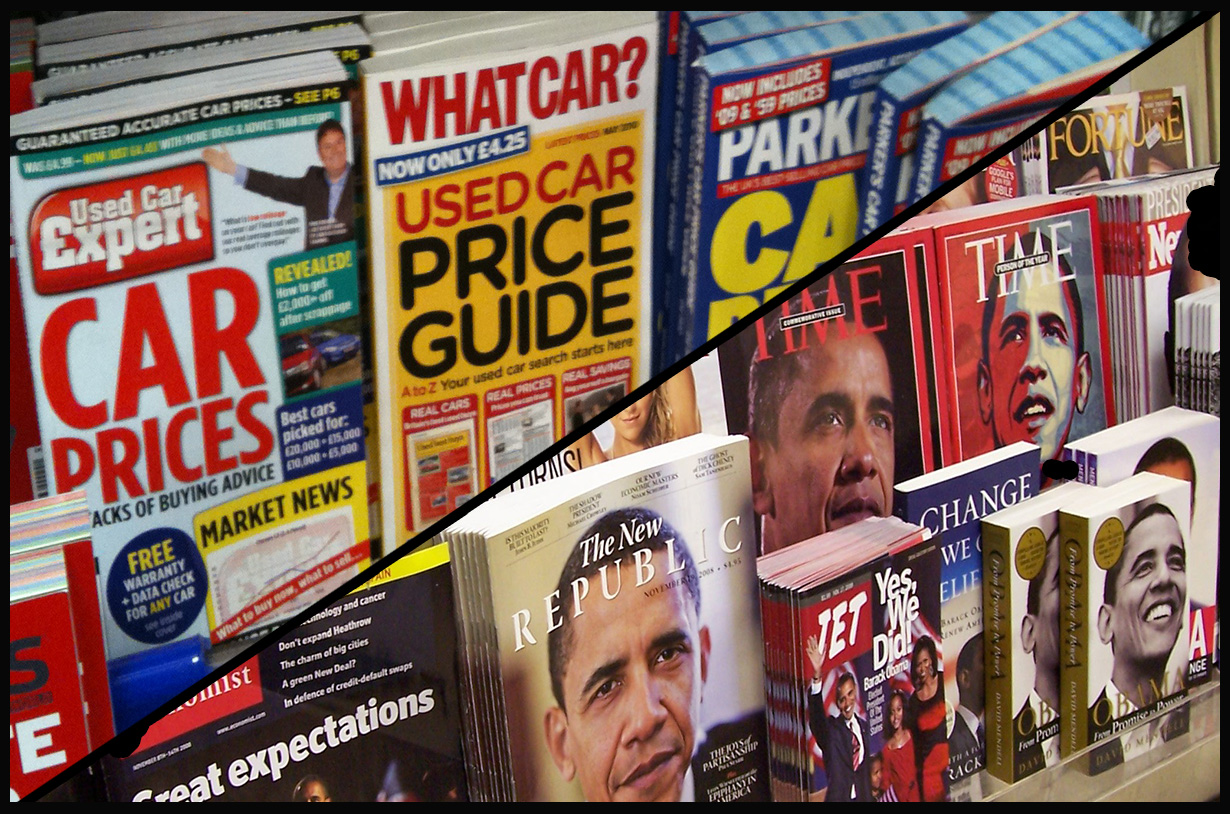Buying that first car is a real learning curve for everyone. Not-so-smart buyers let salesmen's promises and emotional appeal influence our decisionmaking. The learning curve in that case happens after the purchase when we realize that we've paid far too much or bought a vehicle that disappoints us time and again. Smarter car buyers front-load their learning curve, doing our homework on price and performance before we encounter the first salesman's pitch and the inevitable emotional tugs that draw us to the stylish options over the smart ones.
A learning curve exists in self-governance, too. We can either front-load our knowledge of civics to make smarter policy and electoral choices, or we can learn painful lessons from the mistakes of poorly informed choices.
A January 2016 report, A Crisis in Civic Education, suggests a whole lot of us are poised to learn painful lessons. The report details how badly colleges and universities are equipping students with basic knowledge in American government and history.
Studies show that our colleges and universities are doing little or nothing to address the knowledge gap [in civic education]. A recent survey by the American Council of Trustees and Alumni (ACTA) of over 1,100 liberal arts colleges and universities found that only a handful—18%—require students to take even one survey course in American history or government before they graduate.
The American Council of Trustees and Alumni (ACTA) released its first disturbing findings in 2000 in its Losing America's Memory report:
In this study, ACTA tested basic historical knowledge among seniors at the 55 top-ranked colleges and universities in the United States. The majority of students failed to identify the significance of Valley Forge, key words from the Gettysburg Address, or even basic facts about the Voting Rights Act. If students had received grades, more than 80% would have received a D or F.
A host of subsequent reports – by the Association of American Colleges and Universities, the Carnegie Foundation, the U.S. Department of Education, the Center for Civic Education, and the American Academy of Arts and Sciences – sounded a similar alarm and/or called for civic education reforms.
Yet 15 years later, little has been done to remedy the civics knowledge gap. A Summer 2015 ACTA survey of college graduates by the research firm GfK found the following:
- 98.2% of college graduates over the age of 65 knew that the president cannot establish taxes—but only 73.8% of college graduates aged 25-34 answered correctly;
- 76.7% of graduates over 65 knew how to amend the Constitution, but among grads aged 25-34, less than a third chose the right answer, and over half answered that the president must ratify an amendment, failing to comprehend how the division of powers among coequal branches protects citizens' rights.
- almost 40% of college grads didn't know that Congress has the power to declare war;
- college grads were even confused about the term lengths of members of Congress (almost half could not recognize that senators are elected to six-year terms and representatives are elected to two-year terms); and
- 9.6% of college graduates marked that Judith Sheindlin – "Judge Judy" – was on the Supreme Court.
ACTA's latest report offers concrete ways that colleges and universities, federal and state governments, alumni and donors, foundations, students (choosing colleges) and their families can work to close the civic education gap for future American students.
Hillsdale College’s Civics Primer
Meanwhile, grads who feel cheated out of a good civic education by their high schools and colleges have a solution at their fingertips: Hillsdale College's Constitution 101 course.
The Hillsdale course, available via YouTube, is broken into ten short lessons (listed and linked below). It covers the "three great crises" of American political history: the American Revolution, the crisis over slavery, and the challenge of Progressivism, a movement founded by Woodrow Wilson, Theodore Roosevelt and others who rejected the Founders' principles.
1. The American Founding: Revolutionary or Conservative?
What is gained by studying America’s founding documents?
2. The Theory of the Declaration and the Constitution
How did the Founders view government by consent of the people?
3. The Problem of Majority Tyranny and the Necessity of Union
What did the Founders seek to prove about liberty and self-government?
4. Consent of the Governed & the Separation of Powers
How do federal agencies evade the Constitution’s separation of powers?
5. To Secure These Rights: Economics, Religion, and Character
How did the Founders view government’s role in securing our rights?
6. Crisis of the Constitution: Slavery & Secession
Do America’s founding principles support or oppose slavery?
7. The Progressive Rejection of the Principles of the Declaration
What key principles of the American Founding do progressives reject?
8. The Progressive Assault on the Constitution
How do progressives view the powers of government?
9. The Administrative State Today
How has the modern administrative state altered the structure of government?
10. Modern Conservatism and the Constitution
What kind of knowing is necessary for the preservation of freedom?
Hillsdale's course won't help in car buying, but it will vastly improve our learning curve in civics and self-governance.


